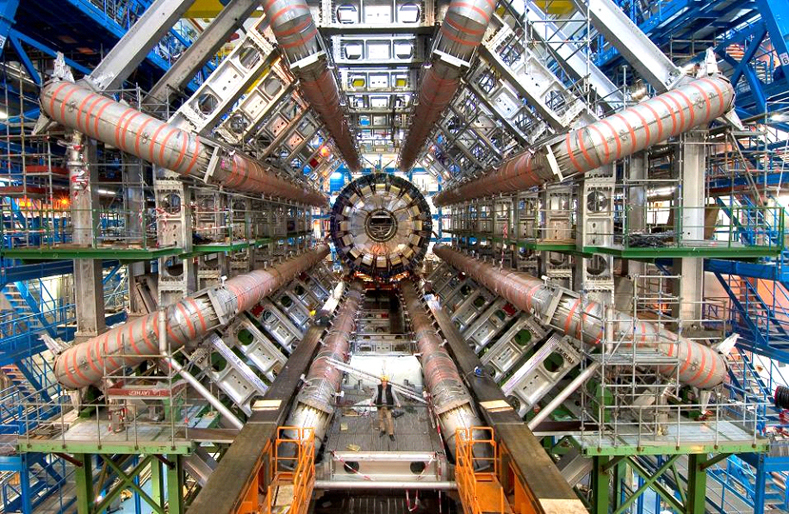What do you do when you have a massive amount of data of international proportions? Well, if you are the University of the Witwatersrand (Wits) you build High-Throughput Electronics Laboratory (HTEL).
The laboratory was opened last week and will serve a very important purpose: to assist in the research and development of high-throughput electronics for the ATLAS detector at the Large Hadron Collider (LHC) at the European Organization of Nuclear Research (CERN). Specifically, HTEL will be used for teh Tile
The problem that faces researchers working on the LHC is that data is produced at a phenomenal rate. When it’s fully reopened next year, after two years offline for a refit, the facility which confirmed the existence of the Higgs boson by smashing particles together in between electromagnets, will produce data at a rate of around 100 petabits per second. The sophisticated GRID network of computer facilities based around the world which crunch that data and look for meaning within it can’t shift that quantity of data around and process it normally, so as it’s generated its compared to statistical models of what physicists expect to see and anything which looks normal (or as normal as possible when sub-atomic particles are smashed into each other at extraordinary speeds) is quickly discarded so the crunching can begin on the potentially interesting parts of the data.
Wits’ HTEL has been designed as part of this process, and is apparently adept at sifting data and spotting that which might have been corrupted due to transfer speeds or radiation.
But the LHC isn’t the only exciting piece of massive technology that will benefit from the High-Throughput Electronics Laboratory. South Africa’s Square Kilometre Array (SKA) will also be producing astonishing amounts of data – and something needs to be able to handle it.
“South Africa’s flagship big science project, the SKA also faces the same technological challenges related to high-throughput data flows with fast processing common to that of the ATLAS detector,” Wits said in a statement, “Prototypes of fast-electronics and computing developed for the ATLAS detector could also be used by the SKA.”
According to the team behind the project, the data crunching abilities will also be useful in helping to design computer components locally. They’ve already begun prototyping a mini-PC, which could be sold to schools and universities next year.
[Image – CERN]

